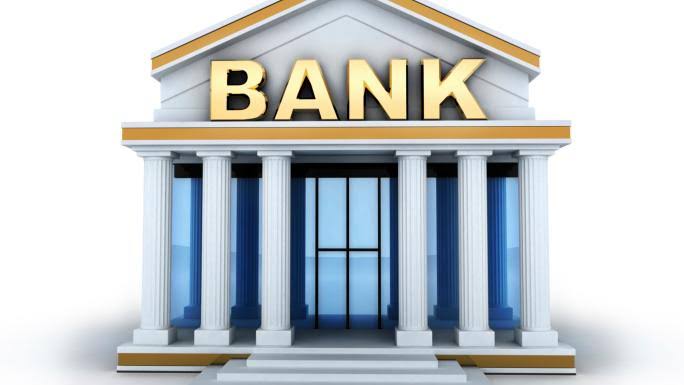SAMI
Published:2020-04-01 14:40:55 BdST
Crucial time ahead for banks
NEWS DESK
The single-digit interest rate is not anymore a concern for banks over losing profit margin, rather, the challenge for them now is to retain borrowers amid the coronavirus outbreak.
Banks are now all set to implement lending at the single-digit rate from April 1 in the middle of the coronavirus pandemic that has changed the entire economic outlook in the coming months, making it challenging for the banks to get borrowers.
It is an appropriate time to implement the single-digit lending rate to retain business activities after the shutdown, said Md Arfan Ali, president and managing director of Bank Asia.
Interest rates are being slashed worldwide considering the economic situation after the coronavirus outbreak, he added.
He said amid this uncertain situation, businesspeople will not go for fresh investment or expansion and the private sector credit growth will continue to decline in the coming months.
He thinks this is the best time to lend at the single-digit rate to boost businesses.
It is now important to keep businesses operational by providing low-cost finance, said Syed Mahbubur Rahman, managing director of Mutual Trust Bank.
Banks are ready to lend at the single-digit rate but their lending capacity has been squeezed along with their profits, he said.
The banks were having a difficult time even when the economy was growing at 8 percent, he said. At the same time, the banks' return on equity and return on assets were declining.
The Asian Development Bank projected 1 percent loss of GDP due to the coronavirus pandemic. If the economic growth slows down, the banks' will find it even harder to operate.
For the banks to continue in this difficult time, the government should give more importance to the refinancing scheme, Mahbub said.
In the coming days, the need for refinancing loans will increase for different industries.
The Bangladesh Bank should cut the policy rate by at least 30 to 40 percent when the lending rate in the market is 9 percent.
He said currently, the banks are comfortable with their liquidity position and the cut in cash reserve requirement will increase inflow. But there will be a slump in investment as an aftermath of the coronavirus crisis. So, a crucial time is ahead for banks.
Although banks are awash with excess liquidity, the private sector credit growth continued its downward trend for five consecutive months till February, reflecting a stagnation in the business expansion.
Credit growth in the private sector dropped slightly to 9.1 percent in February from 9.2 percent in the previous month, according to Bangladesh Bank data.
Imposition of the single-digit lending rate made banks reluctant to lend, causing a slump in private sector credit growth in recent months, said Faruq Mainuddin Ahmed, managing director of Trust Bank.
"The outbreak of coronavirus has led to a stagnation in the business expansion, worsening credit flow to the private sector," he said.
He added that the spread of coronavirus has created uncertainty about how long the situation will continue. As a result, the crisis in the private sector will further deepen in the coming days.
Government borrowing, which had been on an unusual rise even two months ago, slowed down in February with the Covid-19 outbreak.
Government borrowing declined by Tk2,000 crore to Tk50,600 crore in March from Tk52,000 crore in February, according to central bank data.
However, the borrowing amount is 7 percent higher from the Tk47,364 crore government target for the entire fiscal year.
On February 24, the Bangladesh Bank issued a circular capping the lending rate at 9 percent for all banks except credit card which will come into effect from April 1.
Meanwhile, the coronavirus outbreak from the beginning of March raised a concern of cash crisis in the banking system.
On March 23, the central bank cut the cash reserve ratio and repo rate making money cheaper and more cash available for banks in the wake of the withdrawal pressure amid the growing concern of coronavirus that might lock down the capital city for the time being.
In a circular, the central bank reduced the repo rate by 25 basis points to 5.75 percent and cash reserve ratio by 50 basis points to 5 percent a year.
The new repo rate is effective from March 23 while that of CRR will come into force from April 1.
Currently, the banking sector is sitting with excess liquidity of more than Tk1 lakh crore, invested mostly in government bills and bonds.
Unauthorized use or reproduction of The Finance Today content for commercial purposes is strictly prohibited.


